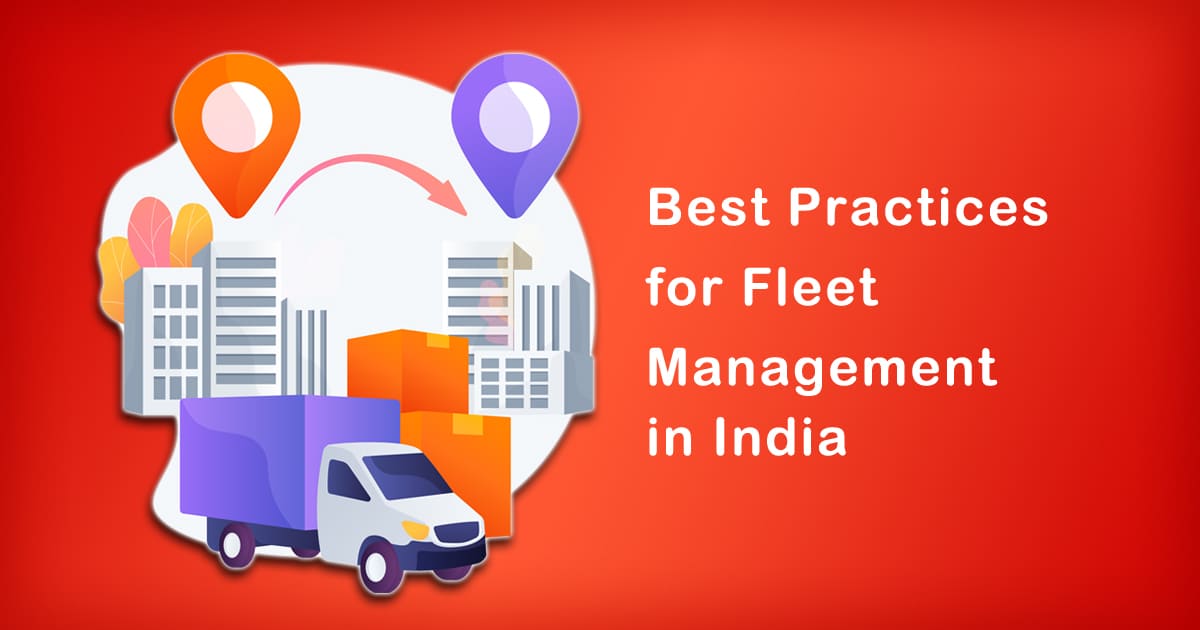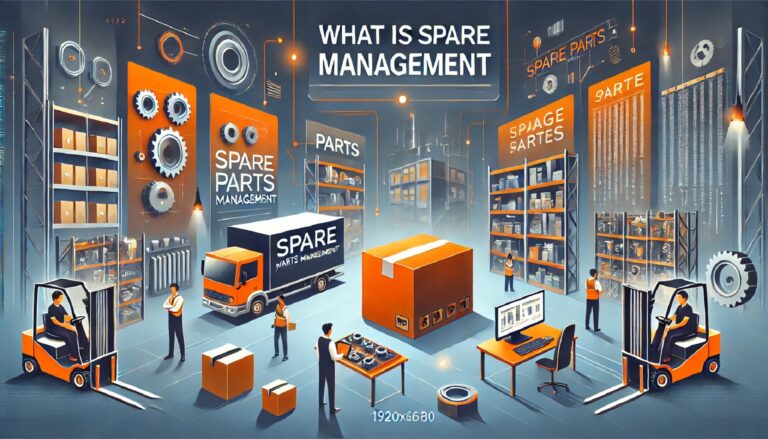Introduction
Fleet management is the process of managing a fleet of vehicles to ensure maximum efficiency and productivity. In India, with the increase in e-commerce and logistics industries, fleet management has become an essential part of the supply chain. However, managing a fleet in India is not an easy task, and it comes with its own set of challenges. In this blog, we will discuss the best practices for fleet management in India, backed by research and facts.
Challenges of Fleet Management in India
Before diving into the best practices, it is essential to understand the challenges faced in fleet management in India. One of the biggest challenges is the lack of infrastructure. India’s roads are not well-maintained, and this can lead to wear and tear of vehicles, increasing maintenance costs. Another challenge is the shortage of skilled drivers. This leads to a high rate of accidents, and it is challenging to find qualified drivers who can operate the vehicles safely. Other challenges include rising fuel costs, inefficient route planning, and low levels of vehicle utilization.
Best Practices for Fleet Management in India
1. Regular Maintenance and Repairs
Regular maintenance and repairs of vehicles are essential for ensuring their longevity and preventing breakdowns. It is essential to schedule maintenance and repairs in advance, and the fleet manager should keep track of all repairs and maintenance records. Regular maintenance can also help to identify any potential problems and address them before they become more significant.
2. Driver Training and Safety
Driver safety is a crucial aspect of fleet management in India. It is essential to provide regular training to drivers, especially in safety procedures and defensive driving. This can reduce the rate of accidents and improve the safety of both drivers and other road users. The fleet manager should also conduct regular safety audits to ensure that drivers are following safety procedures and using the equipment correctly.
3. Real-Time Vehicle Tracking and Telematics
Real-time vehicle tracking and telematics systems can help fleet managers to monitor their vehicles’ performance and location. These systems can provide valuable data on fuel consumption, driver behavior, and vehicle utilization. With this information, the fleet manager can optimize vehicle routes, reduce fuel consumption, and improve overall fleet efficiency.
4. Efficient Route Planning
Efficient route planning is essential for reducing fuel consumption and improving vehicle utilization. The fleet manager should use GPS systems to plan the most efficient routes and ensure that drivers follow them. This can help to reduce travel time and ensure timely deliveries.
5. Fleet Utilization
Fleet utilization is a critical aspect of fleet management in India. Fleet managers should ensure that vehicles are being used efficiently and not sitting idle. This can be achieved by optimizing vehicle routes, reducing downtime, and ensuring that vehicles are used for their intended purpose.
6. Fuel Management
Fuel costs are a significant expense for fleets in India. Fleet managers should implement fuel management systems to monitor fuel consumption and reduce fuel wastage. This can include measures such as tracking fuel consumption, reducing vehicle idling time, and implementing fuel-efficient driving practices.
Conclusion
Effective fleet management is essential for any logistics or e-commerce company in India. To overcome the challenges associated with fleet management in India, fleet managers should implement best practices such as regular maintenance and repairs, driver training and safety, real-time vehicle tracking, efficient route planning, fleet utilization, and fuel management. By adopting these best practices, fleet managers can optimize their fleet’s efficiency, reduce costs, and improve overall performance.








